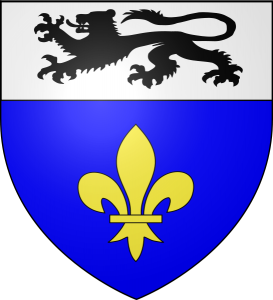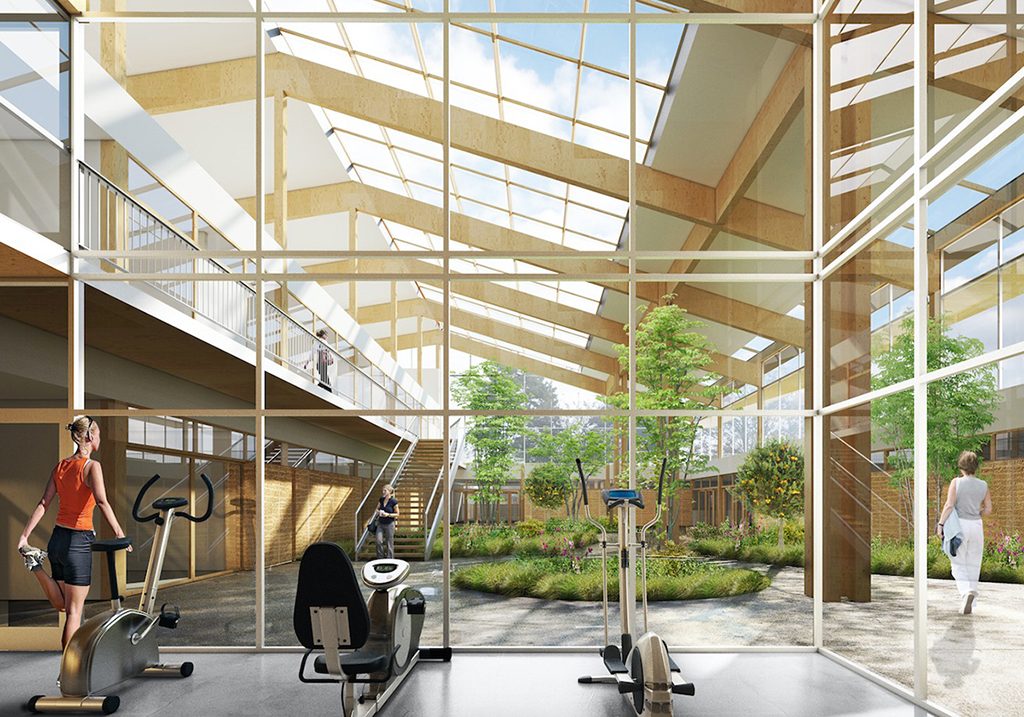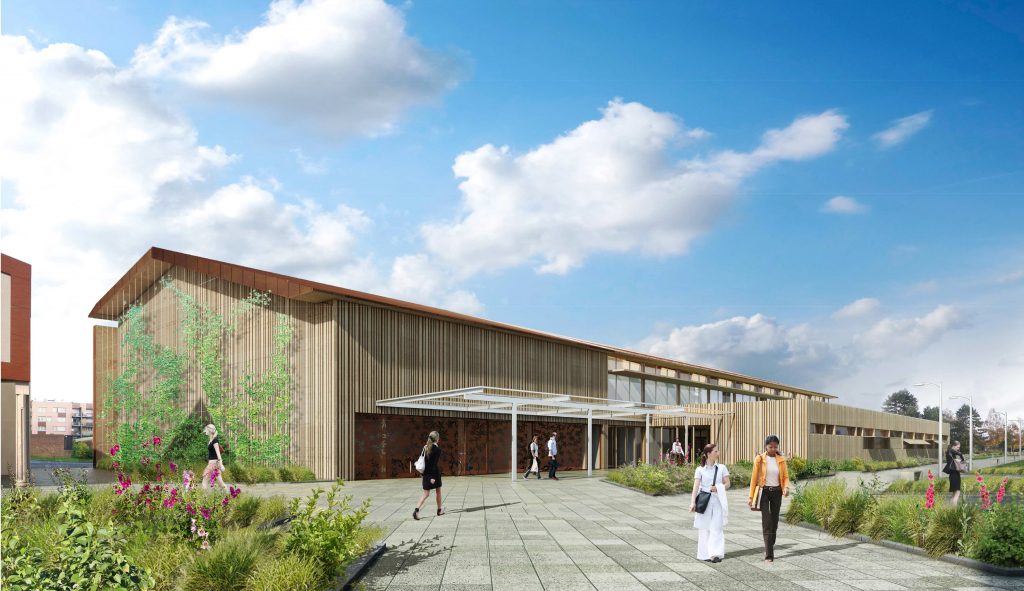« Cradle to cradle » approach
Rebuilding of a health area based on the « Cradle to cradle » approach


Overview of the project
The city of Grande-Synthe has, since the 1960s, a health centre gathering some associations and services that are all essential for keeping inhabitants healthy. This building, which was one of the first facilities in the city, has become obsolete. The municipality wanted to rebuild it based with circular economy targets. The ambition is to reference this building “Cradle to cradle inspired” by the Technical University of Munich.
The “cradle to cradle” approach, is part of an ambitious eco-design approach. This is to minimize the environmental footprint and carbon. This eco-design philosophy aims to demonstrate that it is possible to have a positive impact on the environment and health by seeking to apply the principles of natural ecosystems to our production and consumption systems. Among these great principles:
- All waste is nutriment,”nothing is lost, nothing is created, everything is transformed”
- Use renewable energy
- Rely on the diversity of local resources
- Have a systemic vision.
The deconstruction of the health center started in 2017 and the building should be finished by the end of 2019. Recycling the deconstruction materials will be carried out and rubble from the old building will be crushed on site to be used to build the future building. The latter wood frame, lighter, will not make a conventional foundation but to use the technique of “drilled piles“.
The future building will become the Littoral Health Area and will be an equipment of the agglomeration. It aims for BEPOS-Effinergie 2013 labeling, and seeks to go further in terms of energy performance. Indeed, the electricity production will be carried out by photo-voltaic panels.
The calculated production of 48,500 kWhf / year is equivalent to the building’s primary consumption, but also to its secondary consumption, that is to say all the electrical equipment connected to the building. In addition, the latter will be connected to the urban heat network set up by the Urban Community of Dunkerque.
Other aspects of the building include the use of regional wood species for the structure and cladding, and biosourced materials for insulation (straw), rammed earth walls, green roofs, micro-algae bioreactor wastewater purification system, the creation of an indoor garden in the ground for medicinal and wild plants.
Face to the energy and environnemental crises together with economic changes, the City of Grande-Synthe is inspired by resilience. Indeed the City has undertaken a local dynamic of the ecology and energy (and economic and social) transition.
Launching
Ongoing project
Ongoing project
This project will be subsidized by the State through the call for projects Positive Energy Territories for Green Growth for the additional cost related to the approach "Cradle to Cradle" and for the Assistance for Project Management specialist in this area that follows the project.
Returns are expected from the Hauts-de-France Region for assistance in support of the regional timber industry.
organisation
Face to the energy and environnemental crises together with economic changes, the city of Grande-Synthe is inspired to a resilience by undertaking a territorial dynamic of transition that is both ecological and energetic and more widely social and economic. The city council’s minutes of 2011 has declared Grande-Synthe as a transition city.
The challenge is to be aware at a high level of the energy and ecological issues in making the transition everybody’s concerns as well as enhancing the action power of the citizen.
Iam virtutem ex consuetudine vitae sermonisque nostri interpretemur nec eam, ut quidam docti, verborum magnificentia metiamur virosque bonos eos, qui habentur, numeremus, Paulos, Catones, Galos, Scipiones, Philos; his communis vita contenta est; eos autem omittamus, qui omnino nusquam reperiuntur.





